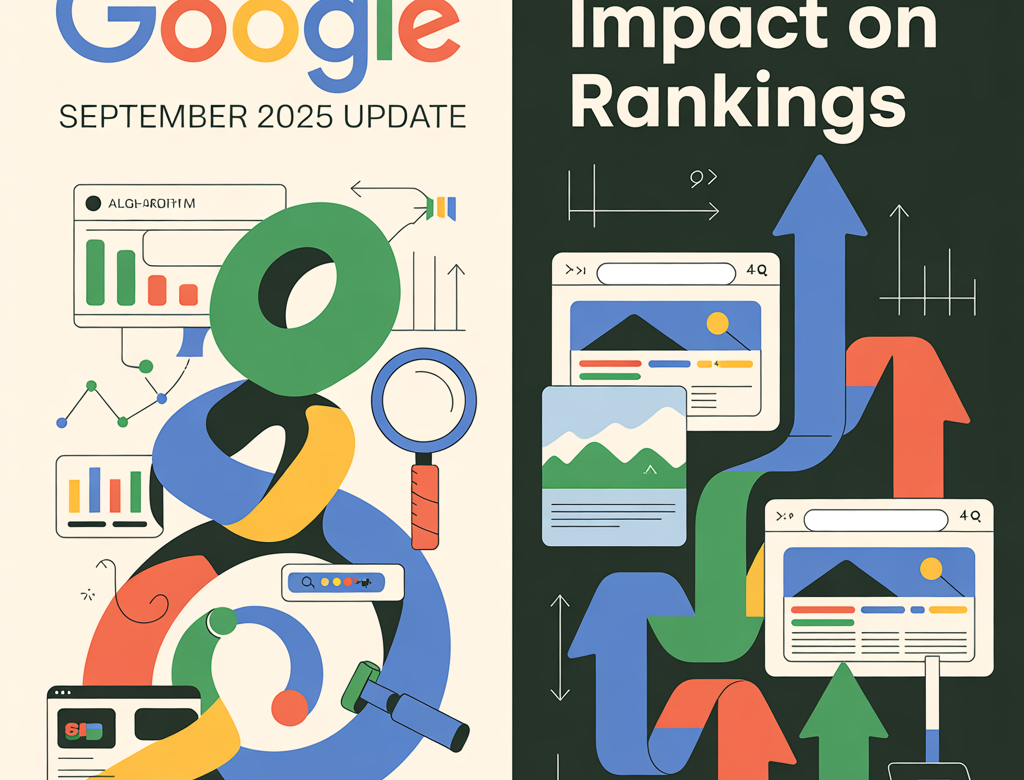
In today’s modern era, we observe a significant transformation in the travel and tourism industry courtesy of digital marketing strength. Travelers can now access more options and information than ever thanks to the growth of online platforms and social media. If businesses in the tourism industry are to communicate well with customers, then digital marketing is a must-have tool.
The Importance of Digital Marketing in Travel and Tourism
Global Reach: Digital marketing allows travel businesses of all sizes to compete all over the world, which helps them reach international tourists and extend their market presence beyond conventional limits.
Personalized Experiences: Travel businesses can improve the general travel experience and raise customer satisfaction by using customer data and analytics to deliver bespoke recommendations, offers, and content.
Improved Booking Experience: Online booking platforms and mobile apps have streamlined the booking process for tourists, offering convenience and flexibility while enabling businesses to make operations faster and more efficient.
Increased Visibility: Digital marketing has expanded the reach of travel businesses, allowing them to connect with potential customers across the globe through various online channels.
Enhanced Customer Engagement: Through the use of social media platforms, email marketing, and interactive websites, travel businesses can communicate with customers in real time, providing answers to questions, and recommendations, and building relationships.
Key Strategies for Success in Digital Marketing for Travel
SEO Optimisation: It is critical to optimize your website for search engines (SEO) to ensure the prominent search engine performance of your travel business. Appropriate keyword utilization and production of articles that meet objective standards will attract natural visitors and enhance your page layout.
Social Media Marketing: Social media platforms such as Facebook, Instagram, and Twitter allow travel businesses to reach their audience on a quite personal level. Buzz is being generated by visiting followers being attracted and bookings are driven through engaging content, amazing visuals, and targeted adverts.
Content Marketing: Providing valuable and informative content through blogs, articles, and videos not only establishes your authority in the travel industry but also helps attract and retain customers. By addressing common travel concerns, sharing insider tips, and showcasing unique experiences, you can build trust and loyalty among your audience.
Email Marketing: You can make a big difference in your profits when you use email marketing to encourage potential customers, advertise promotions, and give individual suggestions. Breaking down your mailing list and sending applicable information will make customer acceptance rates go higher and make your business relations last for longer than before.
Tools and Technologies for Effective Digital Marketing
Google Analytics: This analytics platform is quite powerful and can give valuable insights on website traffic, user behavior, and conversion rates helping digital marketers monitor the performance of their campaigns, comprehend their audience demographics, and enable them to make data-driven decisions that are aimed at improving their strategies.
Hootsuite: Hootsuite is very popular for managing social media, where users schedule posts, parse messages, and analyze performance on multiple platforms from a single dashboard. It makes social media marketing even more efficient, as well as saving time, and the impact on the brand and message being passed is kept at a similar pace.
Semrush: Semrush is one of the most complete search engine optimization (SEO) tools that perform essential tasks such as checking website visibility, analyzing competitors, and researching keywords. This instrument assists internet marketers in recognizing areas where they can enhance their sites’ rankings on search engines, manuscript them depending on major phrases they want to target as well as monitoring outcomes of optimization strategy through frequent assessments.
Google Ads: Before it was called Google AdWords but now it is known as Google Ads. It is a robust advertising platform designed for the creation and management of active pay-per-click (PPC) campaigns on Google search and display networks that provides sophisticated targeting alternatives as well as budget handling and performance monitors aimed at increasing returns on investment (ROI) while getting relevant advertisements in front of suitable consumers.
Facebook Ads Manager: Facebook Ads Manager is a self-service platform used by advertisers to create personalized advertising campaigns that can be displayed across Instagram, Messenger, and Audience Network. Detailed targeting options are provided on Facebook Ads Manager such as demographics, interests, and behavior among others which enables one to create an ad campaign that is relevant to its audience and objectives and thus improve its results through performance insights for better optimization of advertising campaigns.
Conclusion
In short, digital marketing has revolutionized the tourism sector, providing firms with a way to interact with tourists on a more personal level. Using techniques such as search engine optimization (SEO), social media marketing, content marketing, and email advertising. For instance, one can reach out to potential customers and generate desirable responses online. You can succeed in this field through the correct tools, and technologies plus an appropriate attitude towards digital presence. Contact us to boost your sales in the travel and tourism industry.



